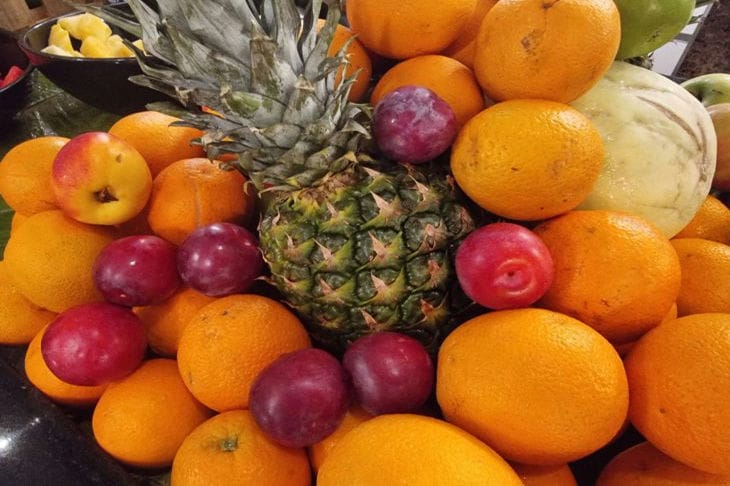The heart is the most important muscle in the body. It works non-stop 24 hours a day, 7 days a week, 365 days a year... all your life.
To help it beat smoothly, you can and should monitor your diet.
After all, nutrition has a huge impact on the functioning of the heart.
What the heart does not love
First of all, fatty foods, which have a negative effect on blood vessels. Blood vessels lose elasticity, become covered with plaques, which can lead to sad consequences - heart disease and even death.
Alcohol is harmful to the heart. It can quickly disrupt the normal functioning of the heart.

Sugar is also harmful. Its excessive consumption leads to inflammation and damage to blood vessels, the development of thrombosis and, as a consequence, to strokes and heart attacks.
Salt is not called the white death for nothing. Excess salt leads to fluid retention in the body, high blood pressure and excessive strain on the heart.
In order for the heart to remain healthy as long as possible, it is necessary to eat right. The heart needs regular, balanced, complete nutrition. Potassium, magnesium, zinc, selenium, calcium, vitamins A, P, B, F, Omega-3 - the heart must regularly receive these for healthy functioning.
Fruits, vegetables, greens
Should be on the table every day. Not less than 400-500 g per day. They are rich in vitamins and microelements. Apples, citrus fruits, bananas, pomegranates, tomatoes, carrots, broccoli, pumpkin, avocado, garlic - these are superfoods for the heart.
Nuts and dried fruits
Nuts contain heart-healthy monounsaturated fats and vitamin E. They help lower cholesterol. Dried fruits, especially dried apricots, contain heart-healthy potassium and antioxidants. Just don't overdo it. A handful of nuts or dried fruits a day will be enough.
Fish
Fatty fish, rich in polyunsaturated omega acids, is essential for the heart. Mackerel, sardines or salmon should be on the table at least twice a week.
Vegetable oils
Olive, flax, sesame, and some other oils are sources of vitamin E and monounsaturated fats. Vegetable oils should make up at least a third of all fat consumed daily.
Green tea
An excellent means for preventing thrombosis. It can reduce blood pressure and cholesterol levels. 4 cups of tea a day reduce the risk of heart disease by 20%.
Lard
Surprisingly, it is true. Lard contains arachidonic acid, which is part of the enzymes of the heart muscle, as well as oleic acid, which prevents the development of atherosclerosis. German scientists who conducted the research recommend daily inclusion of a piece of pork lard of approximately 30 g in the diet of heart patients.
Dark chocolate
This may also be strange, but nevertheless useful. Chocolate with a cocoa content of more than 70% contains antioxidants. It helps maintain the elasticity of blood vessels, remove cholesterol and reduce the load on the heart. Just 30 grams of dark chocolate per day reduces the risk of heart problems by an average of 30%.
In order for the heart to be healthy, beat evenly, without failures, it needs to be protected, strengthened and trained. Monitoring nutrition is the smallest and simplest thing you can do for its health.








